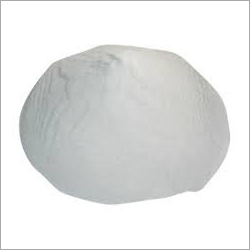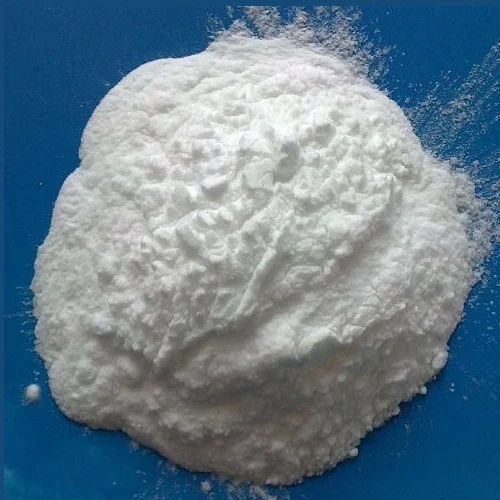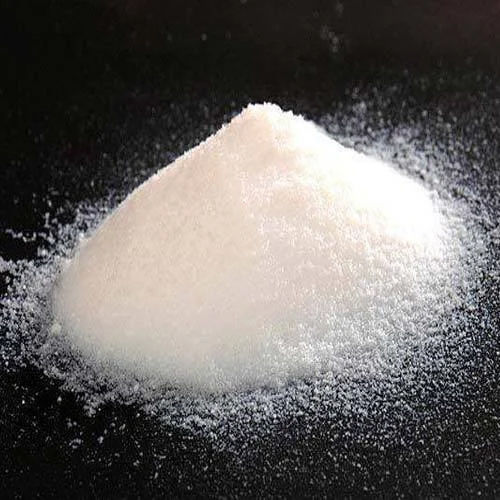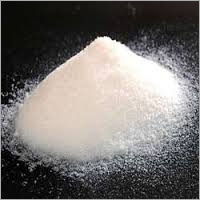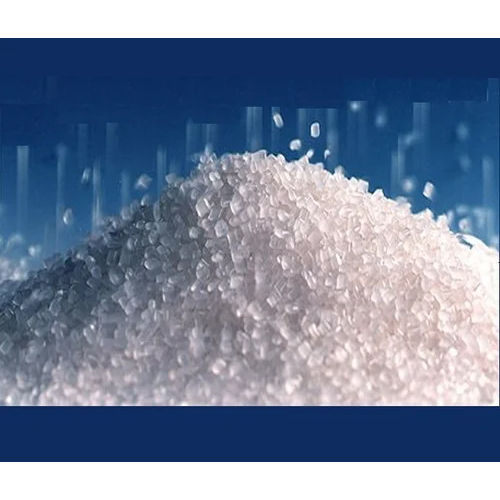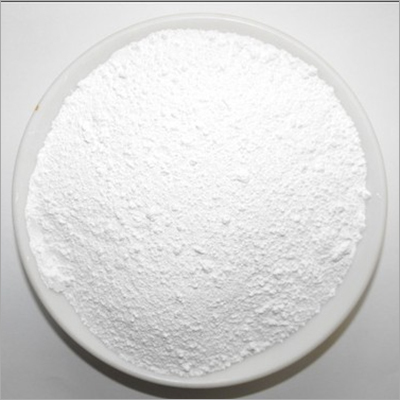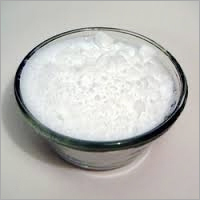Call Us : 08045816053
Micro Silica
Product Details:
X
Micro Silica Price and Quantity
- 25 Kilograms
Micro Silica Trade Information
- Cash in Advance (CID)
- 7 Days
- Yes
- Free samples are available
- Plastic Bags / Paper Bags
- Australia Eastern Europe Western Europe Africa Central America Middle East South America Asia North America
- All India
- ISO 9001:2008
Product Description
Micro Silica is an amorphous (non-crystalline) polymorph of silicon dioxide, silica. We are a profound supplier of the same for our huge clientele base. It is an ultrafine powder collected as a by-product of the ferrosilicon alloy and silicon production. It consists of spherical particles with an average particle diameter of 150 mm. Micro Silica goes through various parameters of quality inspection at our unit to make sure that the industrial standards are effectively and efficiently met. It is available at highly reasonable prices.
Micro Silica Properties:
- Appearance : White Powder
- MgO Content : 0.04 %
- Particle Size : 14 mesh, 14 - 30 mesh, 30 - 100 mesh,100 - 400 mesh
- Sio2 Content : 99.31 %
- Color : White
Applications of Micro Silica:
Microsilica, also known as silica fume or condensed silica fume, is a byproduct of the production of silicon metal and ferrosilicon alloys. It consists of very fine particles of amorphous silicon dioxide, which are approximately 100 times smaller than the size of a cement particle. Micro silica has a range of applications across various industries due to its unique properties. Some of the key applications of micro silica are:
1. Concrete Industry: Micro silica is widely used in the concrete industry as a pozzolanic material. It improves the properties of concrete by enhancing its strength, durability, and resistance to chemical attack. Microsilica fills the voids between cement particles, resulting in a denser and more impermeable concrete matrix. It also reduces bleeding and segregation in fresh concrete, increases the compressive and flexural strength, and improves resistance to sulfate and chloride ion penetration.
2. Refractory Industry: Microsilica is added to refractory materials, such as bricks and castables, to enhance their properties. It acts as a binder, improving the strength and abrasion resistance of the refractory products. Micro silica also reduces the porosity of refractories, increasing their resistance to thermal shock and corrosion.
3. Oil and Gas Industry: Microsilica is used in cementing operations in the oil and gas industry. It improves the bond strength between the cement and the well casing, reducing the risk of gas or fluid migration between formations. Micro silica also enhances the compressive strength of well cement, providing better zonal isolation and preventing casing failure.
4. High-Performance Concrete: Microsilica is an essential component in high-performance concrete (HPC) formulations. HPC is used in applications where superior strength, durability, and resistance to harsh environments are required. Micro silica improves the performance of HPC by reducing permeability, increasing the compressive strength, and enhancing resistance to chemical attack and abrasion.
5. Shotcrete: Microsilica is added to shotcrete, a sprayable form of concrete, to improve its cohesion, bond strength, and resistance to rebound. Shotcrete with microsilica is commonly used in underground construction, tunneling, and repair of damaged concrete structures.
6. Cementitious Repair Materials: Micro silica is used in cementitious repair materials, such as mortars and grouts, to enhance their mechanical properties and durability. It improves the adhesion to existing concrete surfaces and reduces shrinkage and cracking.
7. Flooring Systems: Microsilica is added to flooring systems, such as epoxy and polyurethane coatings, to enhance their mechanical strength, chemical resistance, and adhesion to the substrate.
8. Rubber and Tire Industry: Micro silica is used as a reinforcing filler in rubber compounds and tire manufacturing. It improves the tensile strength, tear resistance, and abrasion resistance of rubber products.
FAQ:
Q: What is microsilica?
A: Micro silica, also known as silica fume or condensed silica fume, is a byproduct of the production of silicon metal and ferrosilicon alloys. It is a very fine powder composed of amorphous silicon dioxide particles.
Q: What are the properties of microsilica?
A: Micro silica has several unique properties, including high pozzolanic activity, fine particle size (approximately 100 times smaller than cement particles), high specific surface area, and a reactive surface that promotes chemical reactions with cementitious materials. It is also highly reactive with calcium hydroxide, a byproduct of cement hydration.
Q: What are the benefits of using microsilica in concrete?
A: Micro silica offers several benefits when used in concrete. It improves the strength, durability, and impermeability of concrete. It reduces bleeding and segregation in fresh concrete, increases compressive and flexural strength, and enhances resistance to chemical attack and abrasion. Microsilica also improves the bond between cement and aggregates, resulting in a denser and more durable concrete matrix.
Q: How is microsilica used in concrete?
A: Micro silica is typically added to concrete as a supplementary cementitious material. It is mixed with cement, aggregates, and water during the concrete production process. The recommended dosage of microsilica varies depending on the desired concrete properties, but it is generally used in the range of 5% to 15% by weight of cement.
Q: What other industries use microsilica?
A: Micro silica has applications in various industries apart from the concrete industry. It is used in the refractory industry to enhance the properties of refractory materials. It is also used in the oil and gas industry for cementing operations, in high-performance concrete formulations, shotcrete, cementitious repair materials, flooring systems, and the rubber and tire industry.
Q: Is microsilica hazardous to health?
A: Like any fine powder, inhalation of micro silica dust can be harmful to health. It is important to handle microsilica with proper precautions, including wearing personal protective equipment (PPE) such as gloves and masks, and ensuring adequate ventilation in areas where it is used.
Q: Can microsilica be used as a standalone material?
A: No, micro silica is not typically used as a standalone material. It is used as an additive or supplementary cementitious material in combination with cement and other ingredients to enhance the properties of various construction materials.
Q: Where can microsilica be purchased?
A: Micro silica is available from suppliers specializing in construction materials or cementitious additives. These suppliers can be found online or through local building material supply stores.
Enter Buying Requirement Details
 English
English Spanish
Spanish French
French German
German Italian
Italian Chinese (Simplified)
Chinese (Simplified) Japanese
Japanese Korean
Korean Arabic
Arabic Portuguese
Portuguese
